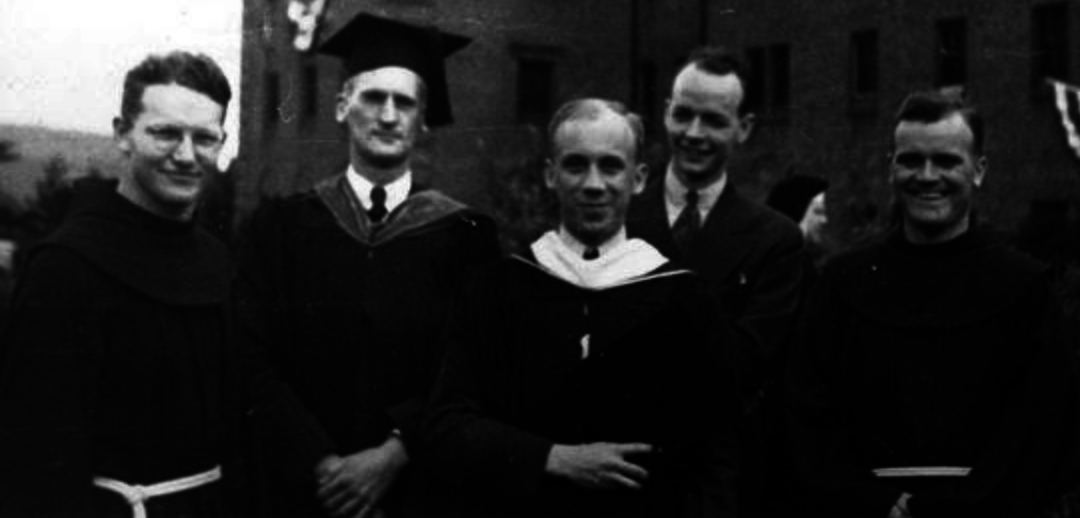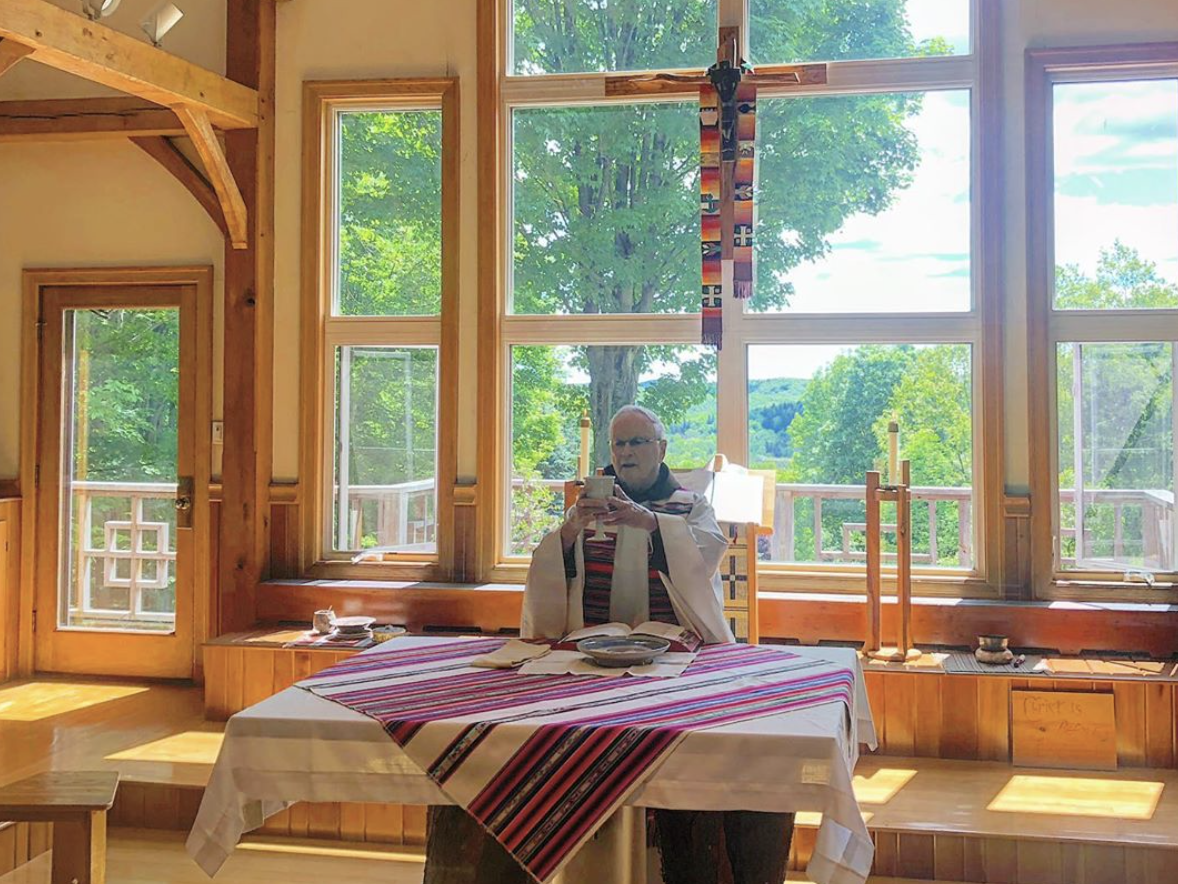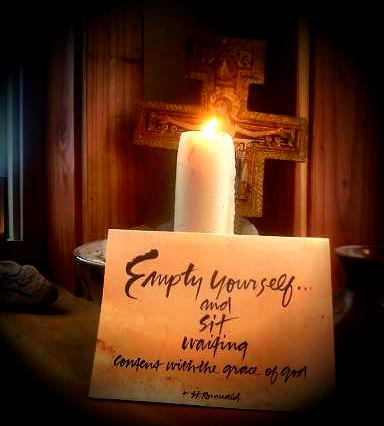Fr. Dan Riley, ofm, inspired by the words of Thomas Merton, shares the first of a series of reflections on the writings of the famous Trappist monk and author, who taught at St. Bonaventure University in the early 1940s.
“And the deepest level of communication is not communication, but communion. It is wordless. It is beyond words, and is beyond speech, and is beyond concept. Not that we discover a new unity. We discover an old unity. We discover an older unity. My dear brothers (and sisters), we are already one. But we imagine that we are not. And what we have to discover is our original unity. What we have to be is what we are.” – Thomas Merton (an informal talk at Calcutta, October 1968)
Thomas Merton’s faith deepened, and his Franciscan vision of Christ and creation blossomed, at St. Bonaventure University in the early 20th century. He left Bona’s in 1941 and became a monk in a Kentucky monastery. There he lived a deepening life of solitude and at the same time grew in many relationships with women and men of different religious traditions and other countries. He became a significant proponent of peace and peaceful ways, having grown up in a time of war and realizing the sufferings of segregation in America.
He called for dialogue between peoples and traditions. He offers us a contemporary model of St. Francis of Assisi and our own spirit of peacemaking. He went among others and engaged them with respect and openness. Silence was often their common language.
The quote above invites us to know that if we do not discover an “older unity” we will live hurting in an already broken world.
For those of us who call ourselves Christians, we are challenged to live what we believe with all others “in Christ Jesus.” Which is to say all of creation!
While Christ is beyond “speech and concept,” he abides and shows himself in each of us, in each creature. This is our home base for all love, reverence, hope and trust.
As we have begun a new year, we have an opportunity to go our way living as one with others both in our own homes, households, and places of work and on the street. Simple, peaceful actions will buck attitudes and systems (or places where people would laugh and ridicule us that we would believe we are “one.”) The unity and community that we are in Christ comes about by ways in which we practice our daily life. We come to believe the truth of what Merton says and the world around us can see this if it wishes to do so.
You and I might think about how in the next day we might reflect with great joy and trust. Then, with new conviction, enter relationships with new respectfulness. A respect that enables us to differ in nonviolent ways. Thus we will resist a larger culture that seems to dismiss unity and the gifts and joy it brings, and in their place courts divisiveness and even hostility amongst its members.
If we are going to be who we say we are - leaders of the free world and a nation for peace - then we will again begin finding ourselves as one in the One who has made us one and given us the grace to live this way - the Prince of Peace, Christ our Lord.




 As is our custom at the Mountain, we invite your petitions and prayer requests. Submit yours online and pray for the intentions from our Mountain family.
As is our custom at the Mountain, we invite your petitions and prayer requests. Submit yours online and pray for the intentions from our Mountain family.